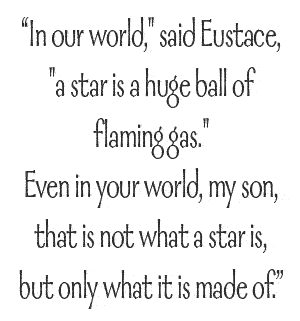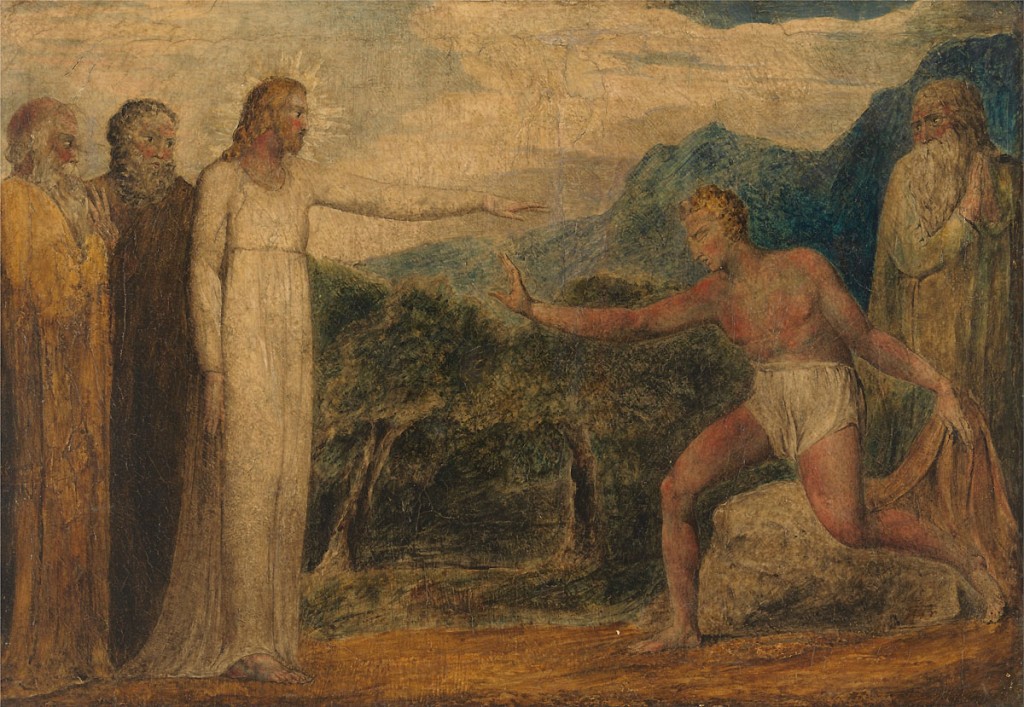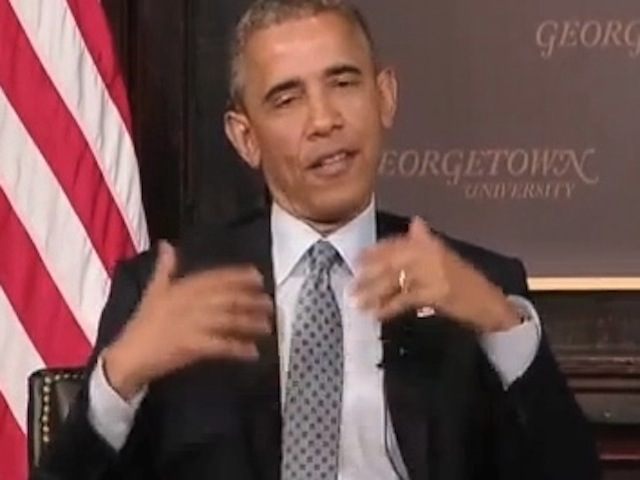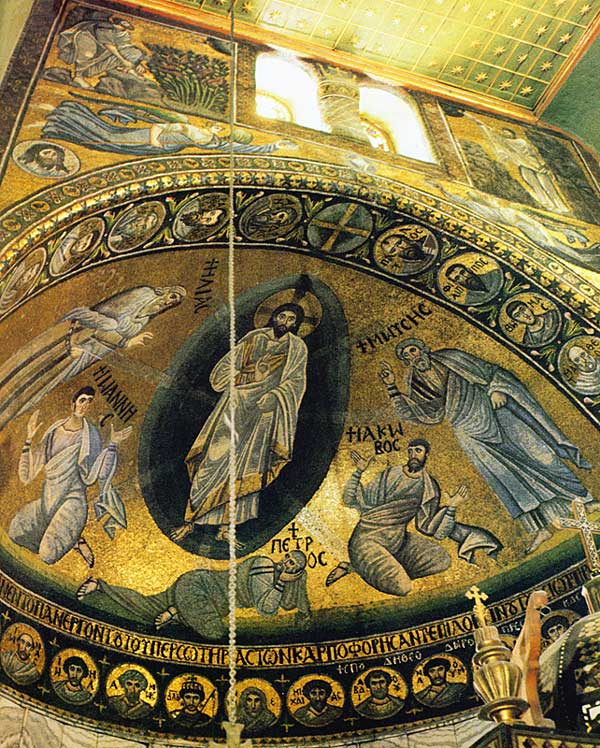I think it can be easy for us to fall into idolotrous thinking very similar to the way Muhammedans view Allah. It is much more straighforward to view God as totally rigid, just doing his own thing with no regard for what his people say or do. This is the god of Islam, but the Christian God has a relationship with his people. He listens when Abraham cries out for Sodom(Genesis 18:22-33). He hears the cry of his people in Egypt(Exodus 3:7). But he also punishes his people when they commit spiritual adultery, when they turn to false gods and refuse to repent. God issues both blessings and curses, and they are far from inevitable, they are conditional. This is brought starkly to light by reading Daniel 9.
In the first year of Darius the son of Ahasuerus, by descent a Mede, who was made king over the realm of the Chaldeans— in the first year of his reign, I, Daniel, perceived in the books the number of years that, according to the word of the Lord to Jeremiah the prophet, must pass before the end of the desolations of Jerusalem, namely, seventy years
Daniel used both scripture and wisdom, the same tools we posses today, to figure out that the number of years God has promised was at hand. But his reaction was not to sit back and wait for the rapture. Instead he fell on his face and repented, in sackcloth and ashes.
I prayed to the Lord my God and made confession, saying, “O Lord, the great and awesome God, who keeps covenant and steadfast love with those who love him and keep his commandments, we have sinned and done wrong and acted wickedly and rebelled, turning aside from your commandments and rules. . .
And he goes on for sixteen verses, listing the sins of his people and begging God for mercy. He points out that the suffering of the people of Jerusalem, the chosen people, was completely warranted, but he appeals to God’s name and his reputation and asks for restoration of the people and the city.

Daniel: A Vision of the Crucifixion. Cathedral of St. Peter St. Paul. Troyes France. C.16th. Stained Glass.
Then Gabriel interrupts him and tells him that Daniel had him at ‘hello’. Well almost, it is evident that at the first words of Daniel God acted. The God of the Universe acted at the word of a man! Let this sink in for a moment. And don’t overlook that list of things he begged forgiveness for. It reads like a list of complaints God might have against our country today. And, it is almost a perfect description of the Israel that Jesus encountered as he walked on this earth. We would do well to cry out to God in a similar manner today. We are know, the world over, as a Christian nation, we were founded as a city on a hill, the world is watching. And what they see is blasphemy to the name of God. Even this week a new list of reasons why Osama Bin Laden hated America came out. And it’s hard to argue with him. “It is the VOTERS. . .who vote in favor of human alien satanic practices such as homosexual marriages and infant butchery in the wombs of their selfish heartless prostitute mothers.” Obviously he has other complaints I disagree with but he got these right. So rather than pride ourselves in our sin, or sit back and wait for God to judge ‘them’ while we get raptured. We need to repent, and beg repentance on behalf of our crumbling nation.
The situation was almost identical in Jesus’ day, only they did not repent as Daniel did. Oh sure the Pharisees had their perfect Systematic Theology, without a jot or tittle out of place. But they crucified the Son of God! He longed to gather them to himself (Luke 13:34), it was a genuine offer from a compassionate God. It was not fake or lip service. History could have gone a different way. The people could have repented, but they didn’t. And so the Church was grafted in. But lest we get fat and lazy in our new position, remember the word of Paul in Romans 11:21-24 “For if God did not spare the natural branches, neither will he spare you.” If you don’t watch it, you might be cut out and God can graft the original branches, the Jewish people, back in.
Sure the prophecy understood and the one received by Daniel are deserving of awe. But we shouldn’t forget the prophecy of Jesus in Matthew 24. A prophecy which would come true less than forty years later. I think we often do. We forget the events that took place in 70A.D. and their significance. This is one prophecy that wasn’t conditional. You were either on the side of the zealots and the various anti-Roman rebellions, in which case you were dead. Or you were fleeing to the hills at the behest of Jesus, as many did and their lives were spared. It’s too bad we turn this and the rest of New Testament prophecy into an excuse to sit around and let our community, nation and the West as a whole, fall apart. We have our dramatic conversion, get our fire insurance and then wait for the world to burn. In this we are the Pharisees mocking Jesus for telling them if they destroy this temple he will rebuild it again in three days. We mock the God we claim to serve, thinking that our superior position or our superior theology will save us. We confuse a dramatic conversion story for the daily death-to-self, which should be standard for every Christian. The Jews pointed to their circumcision, we point to that time at camp when we made a profession of faith. The faithful follower of God points to earlier today, to his own sin, and he repents. Then he receives the boldness necessary to come before a Holy God and ask that his people be spared the judgement they deserve.







